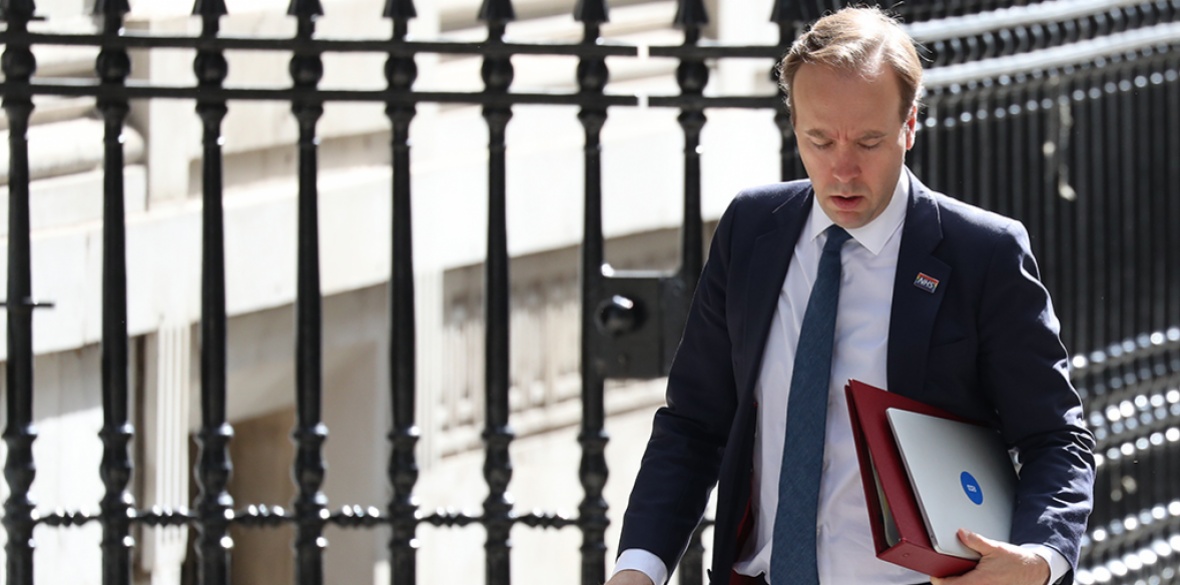FASHION chain Boohoo says it is “very grateful” to journalists who exposed illegal conditions in the Leicester factory of one of its suppliers.
Health Secretary Matt Hancock is moved to the level of “quite significant” concerns about a sweatshop where staff worked for as little as £3.50 an hour, less than half the minimum wage.
“There are clearly some problems that have been under the radar in Leicester that need action,” he says, admitting that employment practices in the city could be linked to the renewed outbreak of Covid-19 that made it the first to see lockdown conditions reimposed.
Yet what action is the minister considering? He reminds us that social distancing guidelines applied because of coronavirus are statutory and failing to adhere to them will result in fines or, potentially, the closure of the business.
That is simply a statement of the status quo. Fear of these penalties was clearly not enough to dissuade management at the site investigated by an undercover Sunday Times reporter.
As brokers Liberum said of Boohoo’s own response to the exposé, it “speaks of procedures that management has already put in place, which if the allegations are true, have clearly not been robust enough to stop significant breaches happening.”
They add that Boohoo’s determination to investigate appears limited to the one factory that has already been accused of breaking the law.
In its response, the government hopes we will ignore two key things.
First, that this is a very familiar scandal. As journalist Sarah O’Connor has pointed out in the Financial Times, she investigated Leicester’s clothing industry back in 2018, uncovering a “microeconomy where £4 to £4.50 an hour was the going rate for sewing machinists in many factories (£3 for packers).”
This illegal super-exploitation was not exactly “under the radar” even then, since O’Connor says she was first tipped off about the issue by a Whitehall official.
She then gave evidence to the environmental audit select committee. Hancock was a secretary of state in the Tory government that rejected every single one of its recommendations, which included “greater resourcing for HMRC’s National Minimum Wage team to increase inspection and detection work” and “recommendations on the Modern Slavery Act to force fashion retailers to increase transparency in their supply chains,” in the words of the committee’s chair, former Wakefield MP Mary Creagh.
Less than a week ago Boris Johnson claimed, in what was widely seen as a racist dog-whistle, that Leicester’s Covid-19 resurgence had been caused “problems getting people to understand” advice that were “particular” to the city, which has a large population of south Asian origin.
His government should be asked what it did to address “particular” problems in the clothing industry that had already been brought to official attention and posed an obvious health risk to workers.
This would expose the second issue over which Hancock tries to draw a veil — that the Conservatives have deliberately created a labour market that allows unscrupulous employers to evade rules and put their staff at risk.
Ten years of Tory-led governments have slashed Health and Safety Executive funding from £239 million to £136m and cut the number of inspectors by a third.
Attacks on employment rights and social security leave many workers fearful of speaking out about unsafe conditions or illegal pay rates for fear of losing their jobs.
And as Leicester East MP Claudia Webbe says, their Trade Union Act makes it harder for unions to access workplaces, organise workforces so they can stand up for themselves and take action against rogue employers.
The Tory war on health and safety was costing lives even before the pandemic. Their feeble response to the Boohoo scandal shows they do not intend to change course even now.
It is clearer than ever that only trade union organising will protect super-exploited workers — and in the process the health of the wider public.









